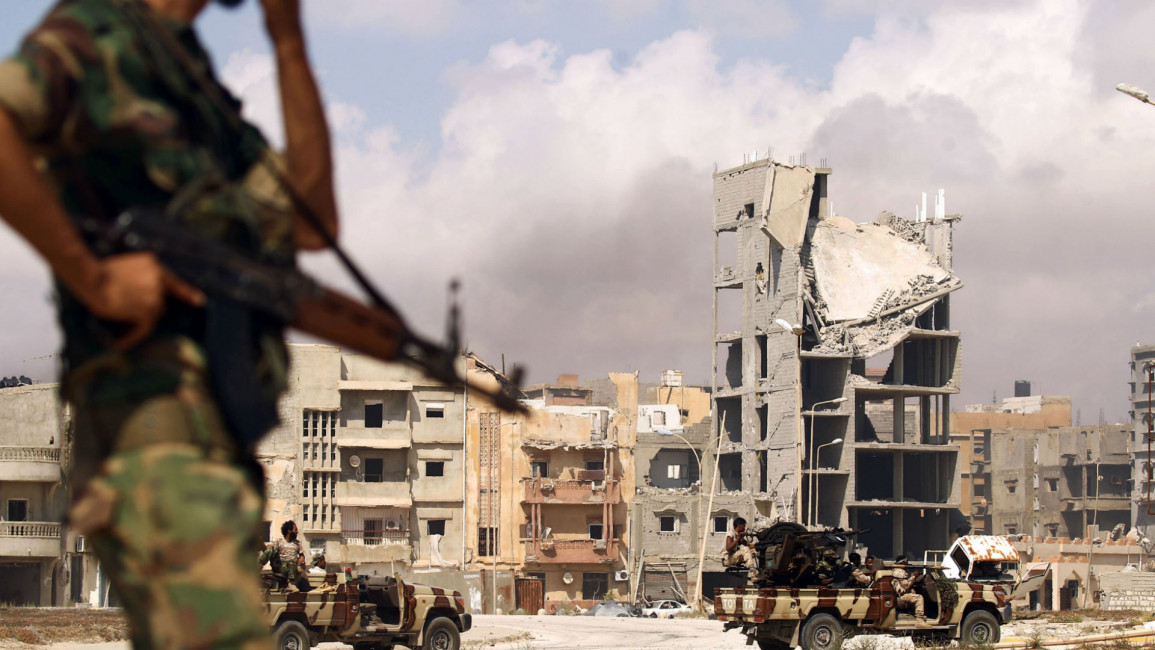Libya government says ready for presidential poll
The Libyan government said Sunday it is ready to hold the country's presidential election as planned on December 24 despite persistent uncertainty that the crucial vote will go ahead on time.
"We are ready for the elections," said Ramadan Abu Jnah, interim head of government since premier Abdulhamid Dbeibah announced he would run for the presidency.
"The government has spared no effort to support the electoral commission (HNEC). We have the chance to make December 24 a historic day," Abu Jnah said.
Libya descended into chaos following a NATO-backed 2011 revolt that overthrew and killed dictator Muammar Gaddafi
The December 24 polls are intended to help the oil-rich North African country move past a decade of violence.
But the process has been undermined by bitter divisions over the legal basis for the elections, their dates, and who should be allowed to run, with a string of controversial figures stepping forward.
"Nobody should deprive Libyans of this historic deadline and we will not let anybody do so," Abu Jnah told a press conference in the capital Tripoli, surrounded by several ministers.
He said the transitional executive was "ready to hand over power to an elected government".
Less than a fortnight from the planned vote, the election campaign is yet to begin, and the vote body on Saturday delayed publication of a final list of candidates.
Interior Minister Khaled Mazen called for the presidential vote to be held on time, and said his ministry had "carried out its work to protect and secure voting centres" despite "obstacles".
A year of relative peace in Libya followed an October 2020 ceasefire between warring eastern and western camps, but analysts have warned that violence could easily flare again over the elections.
An electoral law signed this September by the speaker of the eastern-based parliament, Aguila Saleh, sparked anger in the country's west, where many accuse him of bypassing protocol and pushing through legislation favouring a run by his ally, strongman Khalifa Haftar.
The following month, the eastern-based House of Representatives said a legislative vote also planned for December 24 had been delayed to January.



